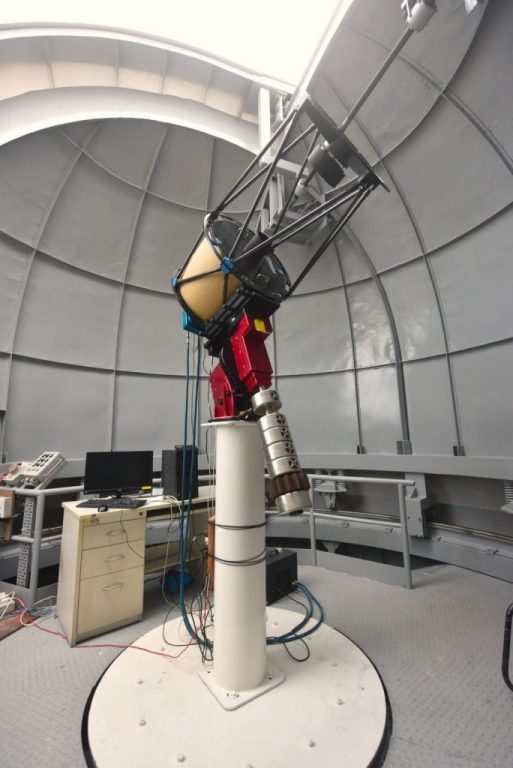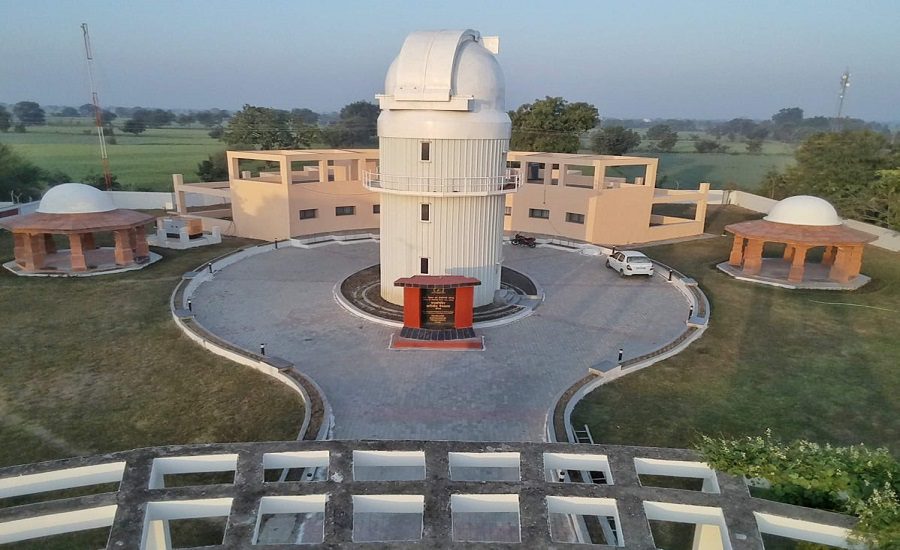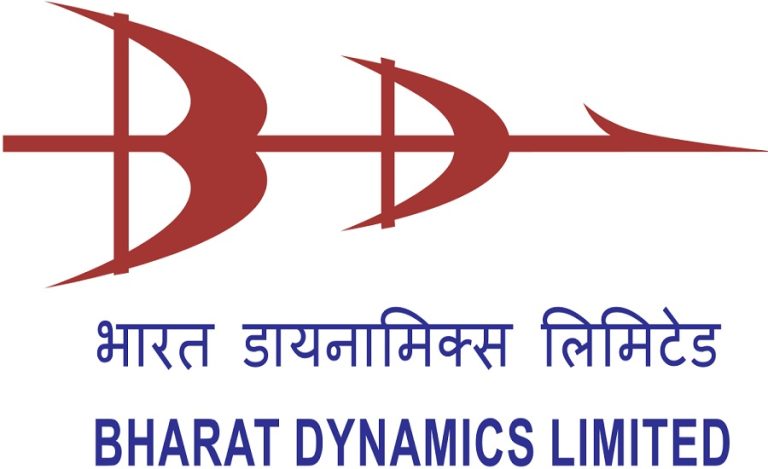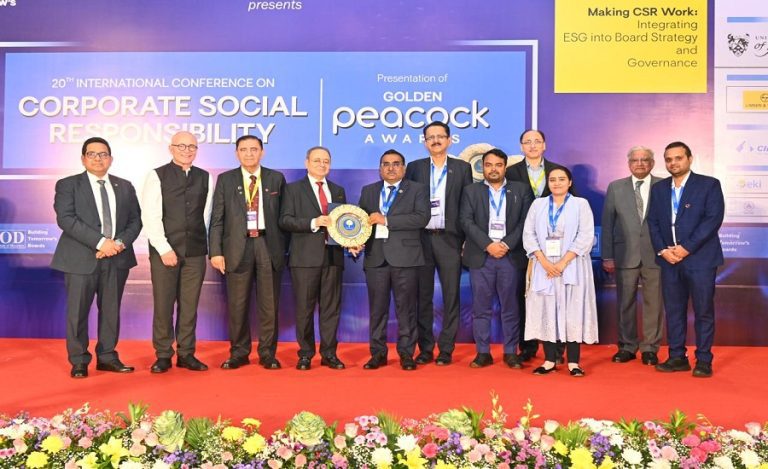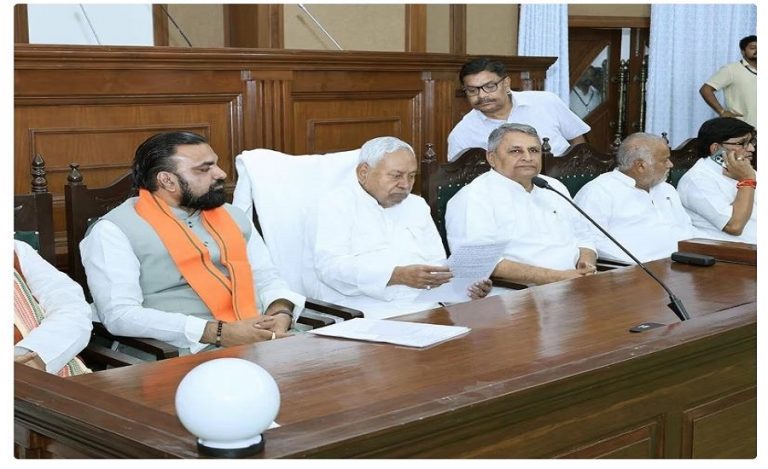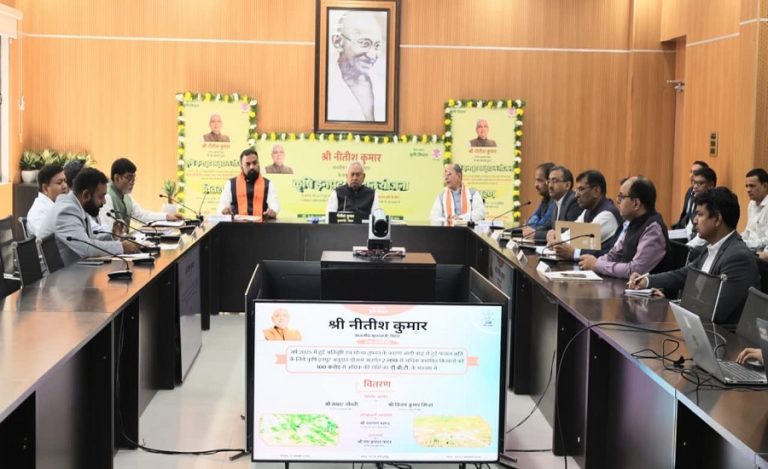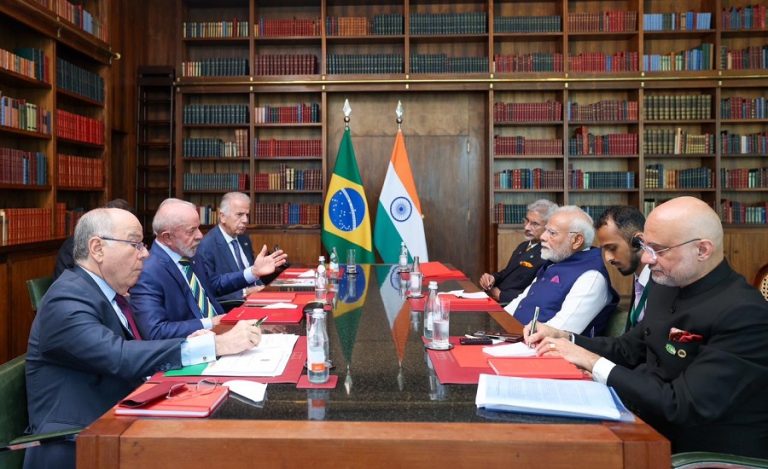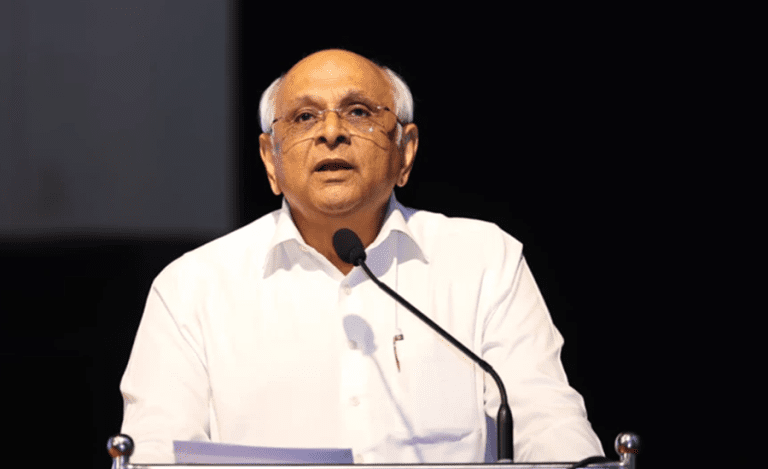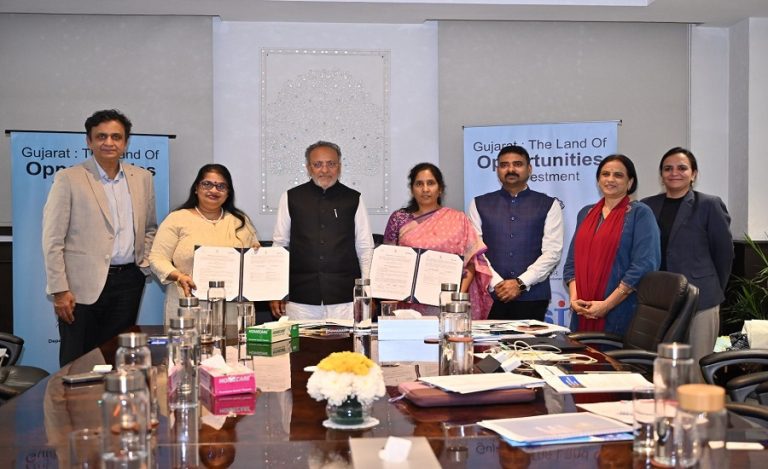Bhopal/Ujjain: Chief Minister Dr Mohan Yadav will inaugurate a National Workshop on “Astronomy and Indian Knowledge Tradition” on 21 June (International Yoga Day) at the historic Varahamihir Astronomical Observatory, Dongla, Ujjain. The event brings together some of India’s most eminent scientists, educationists, and policymakers to explore the synergy between ancient Indian astronomical wisdom and modern science.
The workshop will feature educational and scientific activities including yoga camps, zero shadow observation, science shows, STEM workshops, and expert-led lectures and panel discussions.
New Digital Planetarium to be Inaugurated at Dongla
CM Dr. Yadav will also inaugurate a state-of-the-art digital planetarium built by Acharya Varahamihir Trust with support from the Avaada Foundation and technical expertise from Deep Sky Planetarium, Kolkata.
The facility features-
- An 8-meter diameter FRP dome
- E-Vision 4 digital projection system
- Digital surround sound
- Seating for 55 people
- A cost of approximately ₹1.6 crore
The planetarium is designed to educate and engage rural students by providing immersive experiences about celestial phenomena, thereby nurturing scientific temper and curiosity in younger generations.
Exploring the Synergy Between Indian Astronomy and Modern Science
The workshop aims to spotlight India’s rich astronomical legacy and its ongoing scientific relevance. Expert sessions will delve into how the Indian Knowledge System can be integrated with modern astrophysics, observational science, and space technologies.
The event is jointly organized by-
- M.P. Council of Science and Technology (MPCST)
- Vigyan Bharati
- Acharya Varahamihir Trust
- IIT Indore
- Vikram University, Ujjain
- Hindi Granth Academy, Bhopal
- Veer Bharat Trust
Dongla Observatory: Emerging Centre for Astronomy Research in Central India
Situated on the Tropic of Cancer in Mahidpur tehsil, Dongla village has long held historical significance in the realms of astronomy and astrology. The Varahamihir Astronomical Observatory, established in 2013, is a major initiative by the state’s science and technology department. It is equipped with a 20-inch automated telescope, developed with support from IIA, Bangalore and ARIES, Nainital.
In line with the New Education Policy and National Space Policy, the observatory has been further modernized to allow remote access for students via online platforms. It also hosts a Winter School of Astronomy and is a key site under the ‘Ek Bharat Shreshtha Bharat’ program.
Preserving India’s Scientific Heritage: Dongla’s Twin Observatories
Dongla also houses the Padma Shri Dr. Vishnu Shridhar Wakankar Observatory, which focuses on ancient Indian astronomical instruments. Together, both observatories embody a unique convergence of traditional wisdom and modern research, and are instrumental in developing the concept of “Dongla Mean Time (DMT)” – a blend of ancient timekeeping systems and modern temporal science.
Who’s Attending: A Confluence of India’s Scientific Minds
Prominent attendees at the workshop include-
- Dr. Shivkumar Sharma, National Organization Secretary, Vigyan Bharati
- Sanjay Dubey, Additional Chief Secretary, Dept. of Science and Technology, MP
- Prof. Ganti S. Murthy, National Convener, Indian Knowledge System, Govt. of India
- Dr. Arvind Ranade, Director, National Innovation Foundation
- Dr. Brajesh Pandey, Executive Director, INSA
- Dr. N.P. Shukla, Former Chair, MP Pollution Control Board
- Dr. Vasant Shinde, CSIR Bhatnagar Fellow, CCMB Hyderabad
- Hemant Bhawalkar, President, Acharya Varahamihir Trust
- Prof. Arpan Bhardwaj, VC, Vikram University
- Dr. Anil Kothari, DG, MPCST
- Ritu Patwari, Director, Avaada Foundation
- Senior scientists from ISRO and other renowned academic institutions
